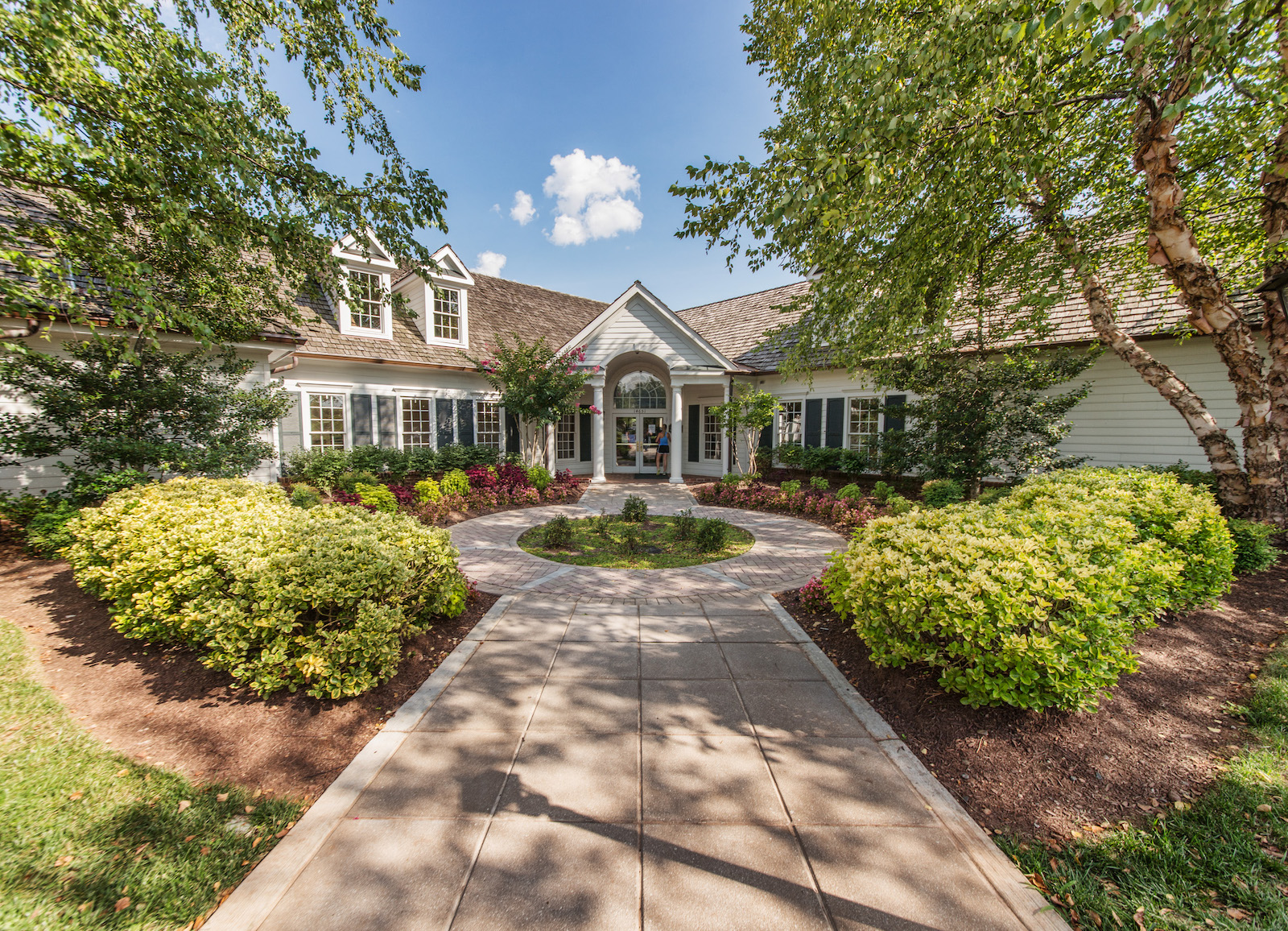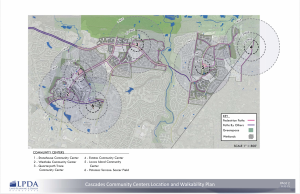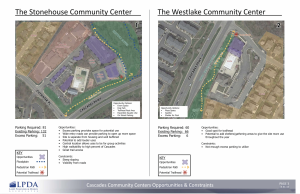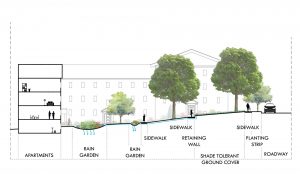
Why Virginia HOAs Need to Operate More Like Cities
In Back to the Future, George McFly’s utopia-sequel Lyon Estates community entered onto the big screen with two lion-adorned signs that exuded the kind of attainable luxury synonymous with era’s movement toward suburban living. Communities boasting pristine homes, impeccable landscaping, and amenities like pools and golf courses created the perfect haven for those seeking out the American Dream, and thus, Homeowners Associations were born.
 Continued today within some of the country’s most prominent areas, HOAs have evolved to encompass a much different role, often looking more like public works or parks and recreation departments than groups of golfers arguing over the placement of petunias.
Continued today within some of the country’s most prominent areas, HOAs have evolved to encompass a much different role, often looking more like public works or parks and recreation departments than groups of golfers arguing over the placement of petunias.
In the DC Metro region, Homeowners Associations often carry the same name recognition and prominence as the towns themselves. Currently the largest HOA in Loudoun County at approximately 19,000 residents, the population of the Cascades has now surpassed the Town of Vienna. In the not-so-distant future, Brambleton is expected to eclipse the Cascades with a projected 25,000 residents upon completion.
Recently, more HOAs are beginning to re-examine their short- and long-term sustainability. Without public works or parks departments, these HOAs rely heavily on professional management and contract services from organizations like LPDA for all aspects of critical operations.
 Entering its fourth year of a ten-year redevelopment plan structured by LPDA, our work in the Cascades has been partitioned into two phases: landscape and capital improvements. In the landscape master plan, our goal is to analyze and review areas of maintenance within the community’s extensive network of boulevards, trails, open spaces, and five community centers. Implementation of this plan has included additional plantings and replacement of worn-out beds, removal of landscape beds in non-priority areas, reforestation, and solutions to retain soil on critical slopes.
Entering its fourth year of a ten-year redevelopment plan structured by LPDA, our work in the Cascades has been partitioned into two phases: landscape and capital improvements. In the landscape master plan, our goal is to analyze and review areas of maintenance within the community’s extensive network of boulevards, trails, open spaces, and five community centers. Implementation of this plan has included additional plantings and replacement of worn-out beds, removal of landscape beds in non-priority areas, reforestation, and solutions to retain soil on critical slopes.
In the capital improvement master plan, LPDA suggested the replacement and expansion of some amenities at the community’s five clubhouses, with the intent to extend their use beyond pool season. Included in these improvements were upgraded outdoor areas with grilling stations, updated playgrounds, a dog park, planned tennis courts, and landscape enhancements. In summer 2019, the community opened a new building to facilitate storage, concessions and swim team support at its signature facility, the Stonehouse.
 On a smaller scale, McLean Gardens — an upscale HOA in Northwest DC – includes a 23-acre community containing 31 historic condominium buildings that house more than 1,000 residents. In LPDA’s improvement plan, long-term sustainability of the community landscapes was at the forefront, with designs that include rain gardens, bio-retention areas, porous pavement designs and enhanced landscaping to reduce runoff, thus boosting soil quality. The five-year plan also includes improvements to the community’s lighting, wayfinding, gathering spaces, and circulation.
On a smaller scale, McLean Gardens — an upscale HOA in Northwest DC – includes a 23-acre community containing 31 historic condominium buildings that house more than 1,000 residents. In LPDA’s improvement plan, long-term sustainability of the community landscapes was at the forefront, with designs that include rain gardens, bio-retention areas, porous pavement designs and enhanced landscaping to reduce runoff, thus boosting soil quality. The five-year plan also includes improvements to the community’s lighting, wayfinding, gathering spaces, and circulation.
By leading the master planning process with forward-thinking design and years of expertise, we’re helping communities grow stronger as they age while allowing surrounding eco-systems to flourish.
With six HOA planning projects under our belt, LPDA is excited to continue to improve HOAs in DC, Maryland, and Virginia. For more information on LPDA’s work within the HOA development process, please contact Zac Lette at zac@lpda.net.